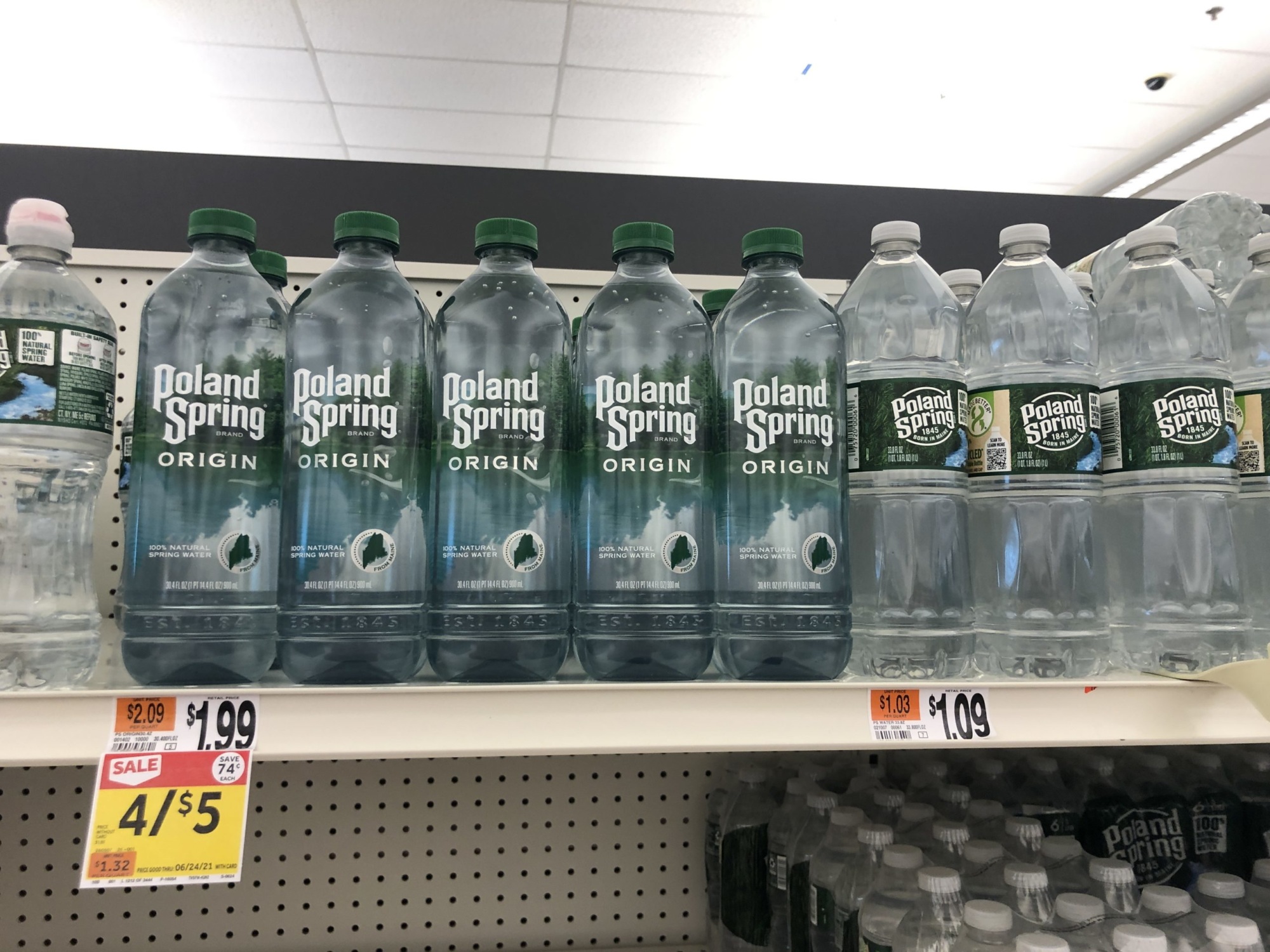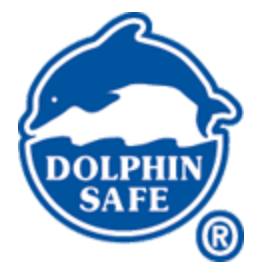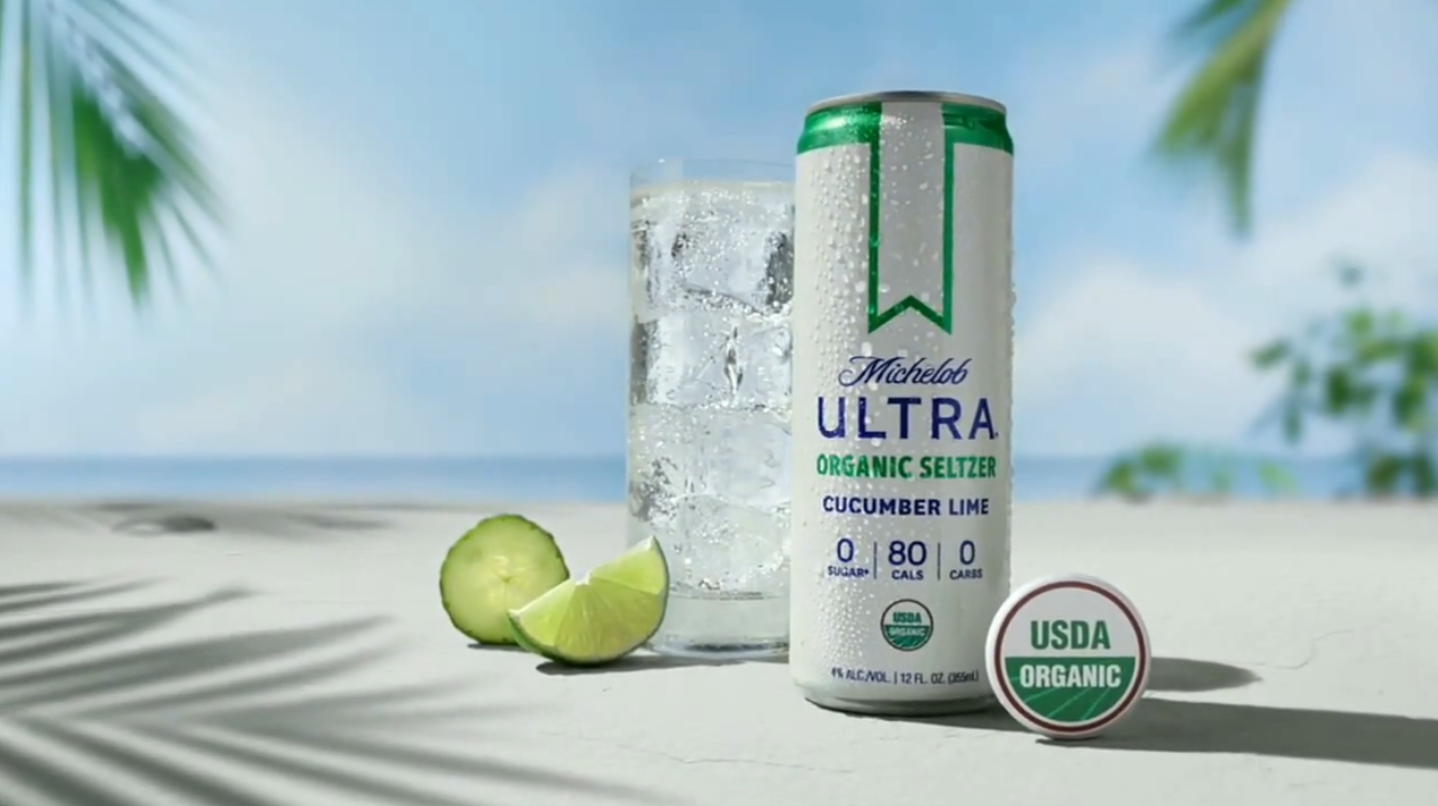
Poland Spring ORIGIN
Poland Spring charges consumers a premium for its ORIGIN water. What are they getting in return?
Lawsuit alleges company's tuna fishing methods kill dolphins, despite a "dolphin safe" logo on the can.
 Charlie the Tuna has a PR problem.
Charlie the Tuna has a PR problem.
The company he shills for, StarKist, is one of three major tuna brands currently facing a class-action lawsuit alleging that it misrepresents that its tuna is sourced using “dolphin safe” methods.
The lawsuit contends that the tuna fishing methods StarKist uses are in fact harmful to dolphins, among other marine life, in violation of the Dolphin Protection Consumer Information Act. The 1990 law says it is illegal to claim a product is “dolphin safe” if it contains tuna harvested in a manner that is harmful to dolphins. Makes sense.
StarKist references its two fishing methods in an infographic on its website: purse seining and long-lining.
The first involves drawing a net around a school of tuna, trapping them, while the second employs a long line with baited hooks set to varying depths. According to the lawsuit, both methods inflict collateral damage on dolphins since “tuna schools … often congregate with dolphin schools.” As a result, dolphins are inadvertently caught alongside the tuna.

In a corporate responsibility section of its website, StarKist boasts that its fishing methods are safe for dolphins.
“StarKist is proud to be the first company to adopt a dolphin-safe policy in April 1990,” the section states. “StarKist tuna is labeled with a special ‘Dolphin Safe’ logo. We condemn the use of indiscriminate fishing methods that trap dolphins, whales and other marine life along with the intended catch of fish.”
Despite this claim, StarKist is ranked last among 20 tuna producers listed on Greenpeace’s Tuna Guide. Like the lawsuit alleges, the guide notes that the company “sources from destructive fisheries that kill tons of marine life as bycatch.”
StarKist declined to comment on the pending litigation. Bumble Bee and Chicken of the Sea face similar allegations related to their use of a “dolphin safe” logo on their cans of tuna and their fishing methods.
Find more of our coverage on tuna products here.
Our Ad Alerts are not just about false and deceptive marketing issues, but may also be about ads that, although not necessarily deceptive, should be viewed with caution. Ad Alerts can also be about single issues and may not include a comprehensive list of all marketing issues relating to the brand discussed.
Poland Spring charges consumers a premium for its ORIGIN water. What are they getting in return?
Consumers aren’t the only ones who watch the ads. Competitors do too.
At the intersection of wine and wellness.

